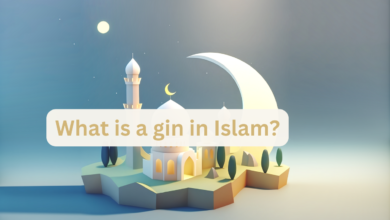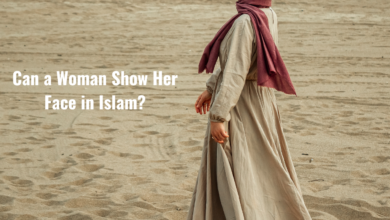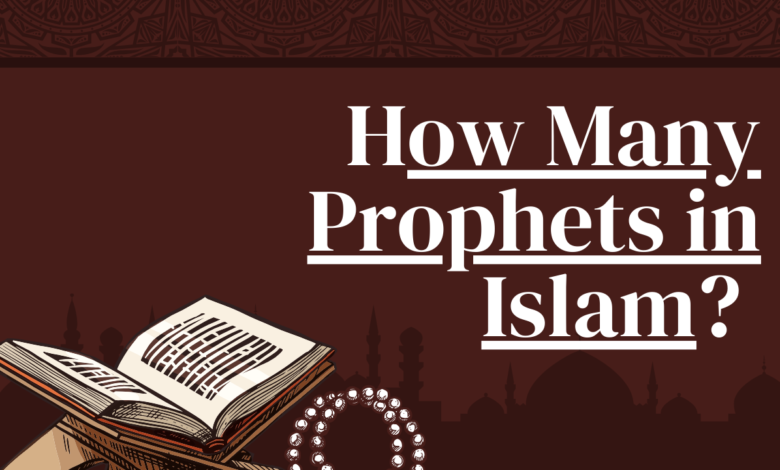
How Many Prophets in Islam?
The Quran mentions the names of several prophets, but it doesn’t provide an exact number. Some of the well-known prophets mentioned in the Quran include Adam, Noah, Abraham, Moses, David, Solomon, and Jesus, among others.
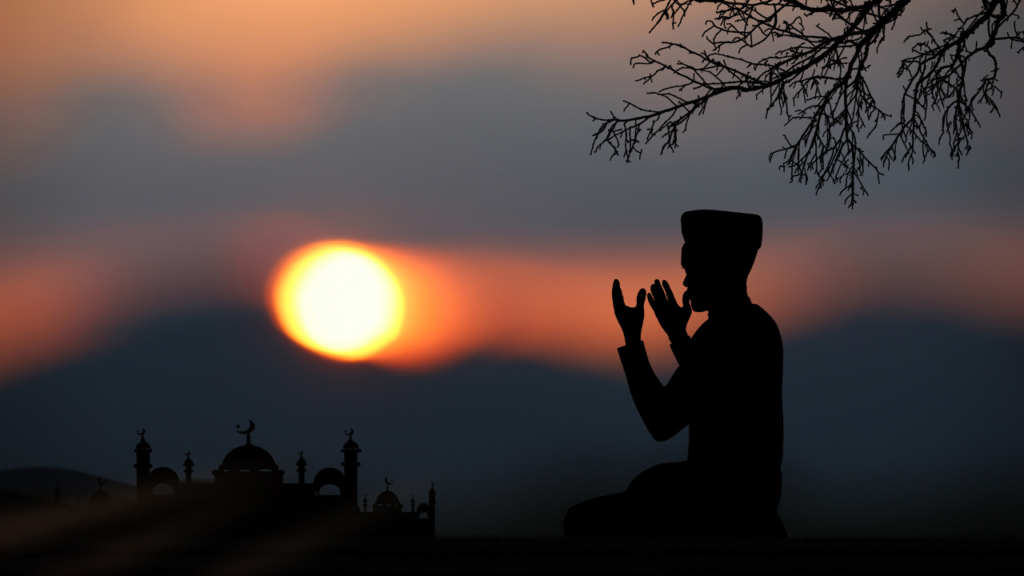
Introduction
Islam, one of the world’s major religions, places great emphasis on the belief in prophets as a fundamental tenet of faith. Muslims believe that God (Allah) has sent numerous prophets throughout human history to guide, teach, and convey His messages to humanity. While some prophets are well-known, others remain more obscure in the annals of history. In this article, we’ll explore the concept of prophethood in Islam and the question of how many prophets there are.
The Concept of Prophethood in Islam
In Islam, a prophet, known as a “Nabi” in Arabic, is a person chosen by God to convey His guidance and message to humanity. These messages, referred to as revelations, encompass moral and ethical guidance, commandments, and warnings to the people. Prophets are considered to be exemplary individuals who possess high moral and spiritual character. They serve as role models for their communities, illustrating how to live righteous lives in accordance with the will of God.
Muslims believe that the chain of prophethood began with Adam, the first human being and the first prophet, and continued through to the final prophet, Muhammad (peace be upon him), who is considered the “Seal of the Prophets.” The Prophet Muhammad is unique in Islam as he received the final revelation, the Quran, and is seen as the last and most significant messenger.
Also check.
How Many Prophets in Islam?
The exact number of prophets sent by God in Islam is not explicitly defined in the Quran or Hadith (the sayings and actions of the Prophet Muhammad). While the Quran mentions the names of several prophets, including Adam, Noah, Abraham, Moses, David, Solomon, and Jesus, it is believed that there were many more prophets who were sent to various nations throughout history. Scholars have attempted to compile lists of these prophets, but the numbers vary.
The Quran mentions in Surah An-Nisa (Chapter 4), verse 164:
“Of some messengers We have already told you the story; of others We have not; and to Moses God spoke direct.“
This verse acknowledges that some prophets are mentioned in the Quran while others are not. Some had a more significant impact on the course of history and thus received more extensive coverage in religious texts, while others played their roles in specific contexts or regions.
Scholars, using various Hadith and historical sources, have compiled lists of prophets that extend into the thousands, but there is no consensus on the exact number. Some traditions suggest that there were 124,000 prophets, with 313 being “messengers” who received divine revelations. Others maintain that the number of prophets sent by God is infinite, as they were sent to all nations and tribes throughout history.
The Final Prophet: Muhammad (peace be upon him)
While the number of prophets in Islam remains a matter of debate, one aspect is clear: the final and most prominent prophet in Islam is Prophet Muhammad (peace be upon him). He is regarded as the last messenger sent to humanity, and his message, the Quran, is considered the ultimate and unaltered revelation from God.
Conclusion
In Islam, the concept of prophethood is central to the faith. Muslims believe that God has sent many prophets throughout history to guide humanity. While the exact number of prophets is not clearly defined, they are believed to have been sent to various nations and communities to convey God’s messages. Regardless of the specific number, the final and most significant prophet in Islam is Muhammad (peace be upon him), who delivered the Quran, the last and eternal divine revelation. The belief in these prophets underscores the importance of God’s guidance and moral teachings in the lives of Muslims, as they strive to follow in the footsteps of these exemplary individuals.
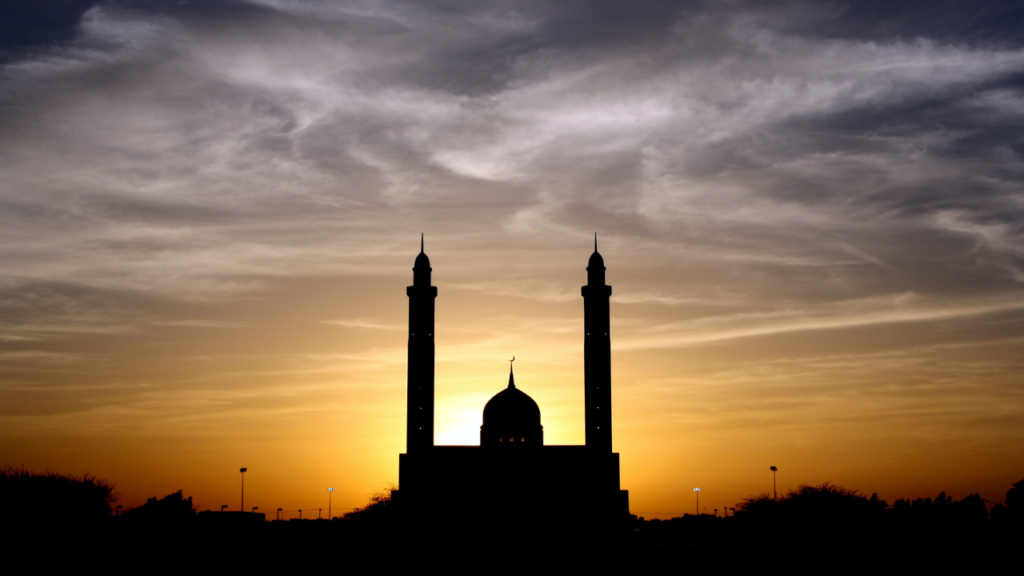
FAQs
How many prophets are mentioned in the Quran?
The Quran mentions the names of several prophets, but it doesn’t provide an exact number. Some of the well-known prophets mentioned in the Quran include Adam, Noah, Abraham, Moses, David, Solomon, and Jesus, among others.
Is there a specific number of prophets in Islam?
Islam does not specify an exact number of prophets. While some traditions suggest 124,000 prophets, with 313 of them being “messengers,” there is no consensus on the precise count of prophets.
Who is considered the final prophet in Islam?
Prophet Muhammad (peace be upon him) is considered the final and most significant prophet in Islam. He received the last divine revelation, the Quran, and is often referred to as the “Seal of the Prophets.”
Were all prophets sent to the same people?
No, prophets in Islam were sent to different nations and communities at various points in history. Each prophet was appointed by God to guide and convey His message to a specific group of people.
Are there any female prophets in Islam?
While most prophets mentioned in Islamic tradition are male, some scholars believe that there may have been female prophets as well, though their names and details are not extensively documented.
What is the significance of knowing about the prophets in Islam?
Understanding the concept of prophethood in Islam is crucial for Muslims as it reinforces the importance of divine guidance and moral teachings. The stories of the prophets serve as examples for believers on how to lead righteous lives and submit to the will of God.
Can someone become a prophet in Islam today?
According to Islamic belief, prophethood concluded with the last prophet, Muhammad. There can be no new prophets after him, as he is the final messenger.



